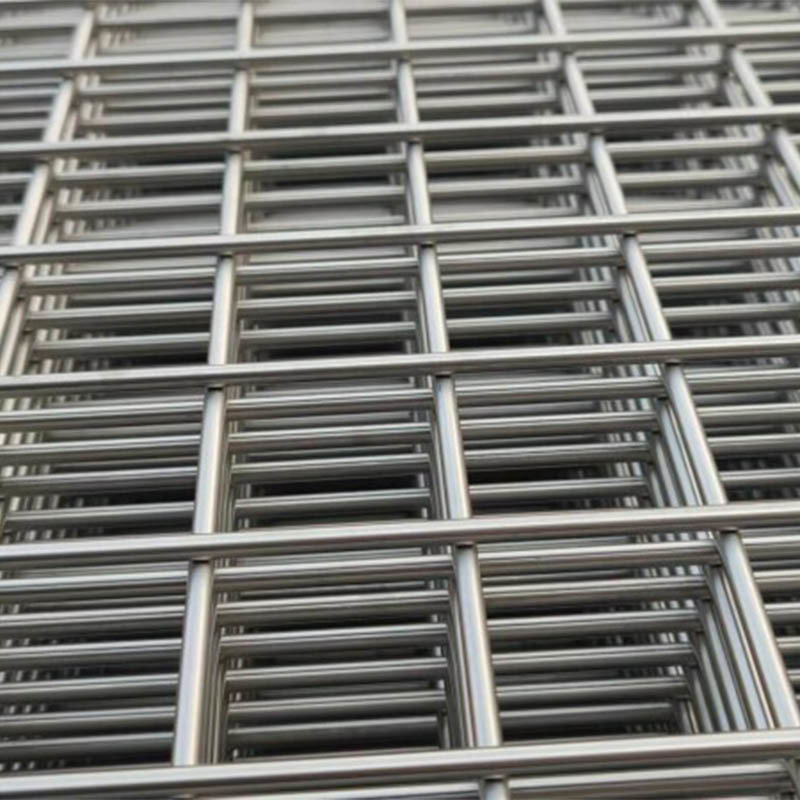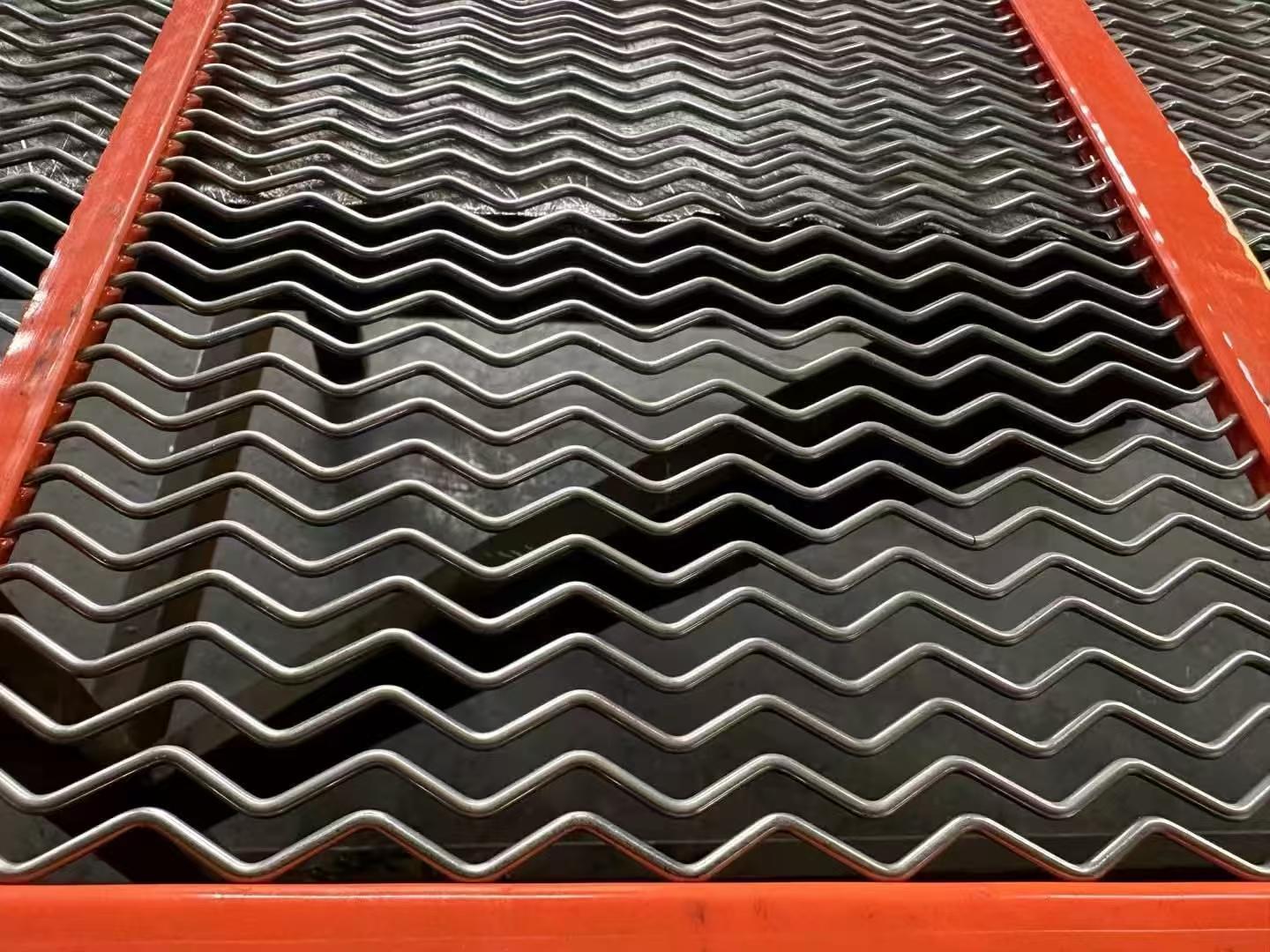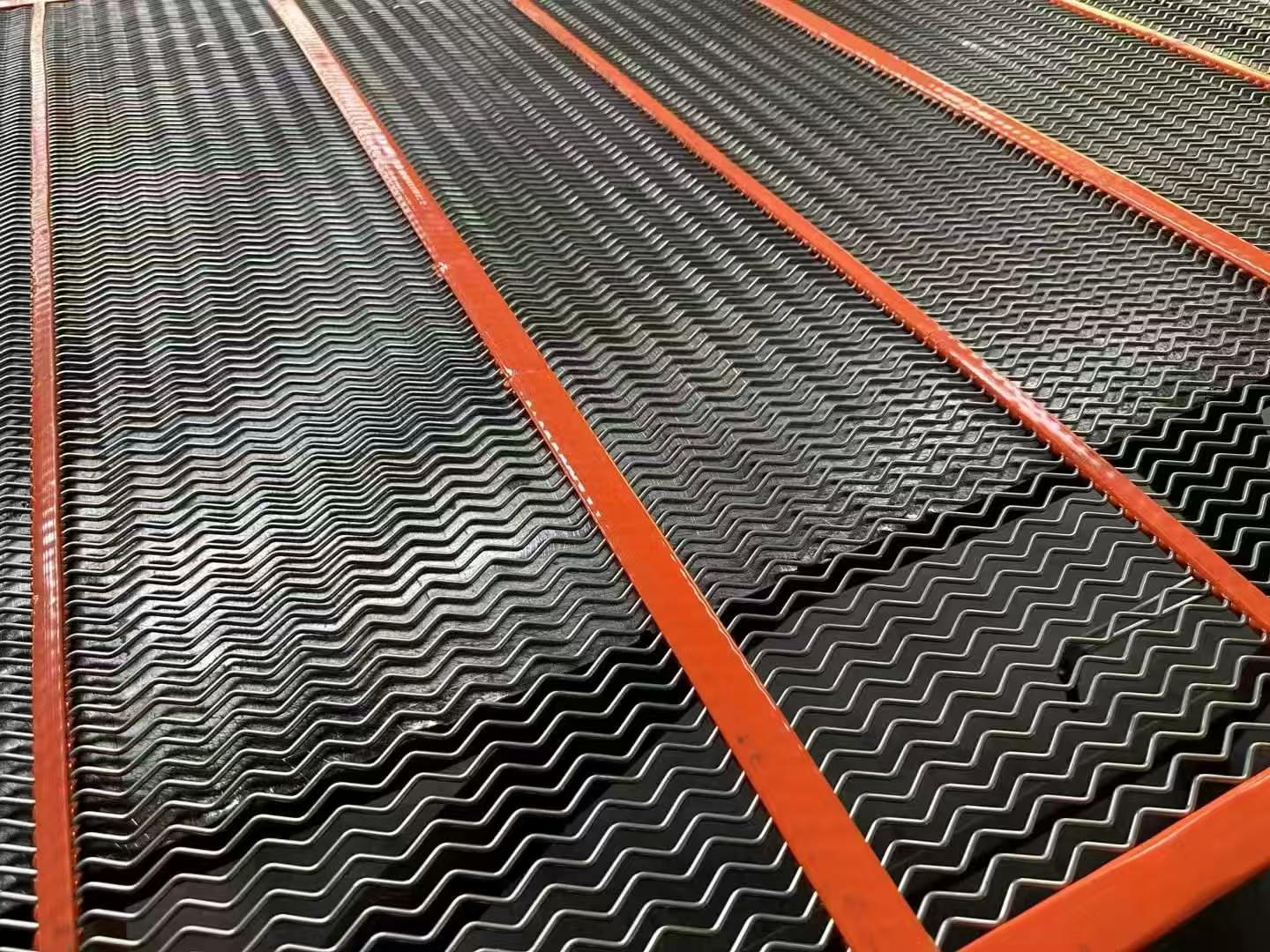Understanding Chemical Plant Corrosion-Resistant Grating: A Key Component for Durability
2025-09-16
Corrosion is a significant concern in chemical plants due to the harsh environments that many of these facilities operate in. Chemicals, humidity, and temperature fluctuations contribute to the deterioration of materials, which can lead to safety hazards and increased maintenance costs. This is where corrosion-resistant grating plays a crucial role.
Corrosion-resistant grating is typically made f
Corrosion is a significant concern in chemical plants due to the harsh environments that many of these facilities operate in. Chemicals, humidity, and temperature fluctuations contribute to the deterioration of materials, which can lead to safety hazards and increased maintenance costs. This is where corrosion-resistant grating plays a crucial role.
Corrosion-resistant grating is typically made from materials that can withstand aggressive chemical and environmental conditions. Common materials include fiberglass reinforced plastic (FRP), stainless steel, and other alloys designed specifically to resist corrosion. These materials not only enhance the lifespan of the grating but also ensure safety and compliance with industry standards.
One of the primary benefits of using corrosion-resistant grating in chemical plants is its ability to reduce maintenance requirements. Traditional metal grating can corrode over time, leading to frequent replacements and repairs. In contrast, corrosion-resistant options require less frequent maintenance, allowing facilities to allocate resources more efficiently. This is particularly beneficial in chemical plants where safety and operational uptime are paramount.
Another advantage is the enhanced slip resistance that many corrosion-resistant grating options provide. This is essential in environments where spills or chemical leaks can create hazardous conditions. The incorporation of non-slip surfaces ensures that personnel can move safely throughout the facility, reducing the risk of accidents.
Moreover, the lightweight nature of materials used in corrosion-resistant grating simplifies installation processes. This can lead to quicker project completion times and reduced labor costs. Additionally, the versatility in design allows for customization to meet specific project needs, whether in flooring, walkways, or access platforms.
In summary, the significance of corrosion-resistant grating in chemical plants is clear. Its durability, reduced maintenance requirements, and enhanced safety features make it an ideal choice for facilities operating in harsh environments. As the demand for high-performance materials in construction and architectural designs continues to grow, understanding the advantages of corrosion-resistant grating will be crucial for industry professionals looking to maintain safety and operational efficiency. Choosing the right grating material can have a lasting impact on the longevity and functionality of chemical plant infrastructures, ultimately contributing to overall project success.
Corrosion-resistant grating is typically made from materials that can withstand aggressive chemical and environmental conditions. Common materials include fiberglass reinforced plastic (FRP), stainless steel, and other alloys designed specifically to resist corrosion. These materials not only enhance the lifespan of the grating but also ensure safety and compliance with industry standards.
One of the primary benefits of using corrosion-resistant grating in chemical plants is its ability to reduce maintenance requirements. Traditional metal grating can corrode over time, leading to frequent replacements and repairs. In contrast, corrosion-resistant options require less frequent maintenance, allowing facilities to allocate resources more efficiently. This is particularly beneficial in chemical plants where safety and operational uptime are paramount.
Another advantage is the enhanced slip resistance that many corrosion-resistant grating options provide. This is essential in environments where spills or chemical leaks can create hazardous conditions. The incorporation of non-slip surfaces ensures that personnel can move safely throughout the facility, reducing the risk of accidents.
Moreover, the lightweight nature of materials used in corrosion-resistant grating simplifies installation processes. This can lead to quicker project completion times and reduced labor costs. Additionally, the versatility in design allows for customization to meet specific project needs, whether in flooring, walkways, or access platforms.
In summary, the significance of corrosion-resistant grating in chemical plants is clear. Its durability, reduced maintenance requirements, and enhanced safety features make it an ideal choice for facilities operating in harsh environments. As the demand for high-performance materials in construction and architectural designs continues to grow, understanding the advantages of corrosion-resistant grating will be crucial for industry professionals looking to maintain safety and operational efficiency. Choosing the right grating material can have a lasting impact on the longevity and functionality of chemical plant infrastructures, ultimately contributing to overall project success.
Key words:
RELATED INFORMATION
Understanding Chemical Plant Corrosion-Resistant Grating: A Key Component for Durability
Corrosion is a significant concern in chemical plants due to the harsh environments that many of these facilities operate in. Chemicals, humidity, and temperature fluctuations contribute to the deterioration of materials, which can lead to safety hazards and increased maintenance costs. This is where corrosion-resistant grating plays a crucial role.
Corrosion-resistant grating is typically made f
2025-09-16




